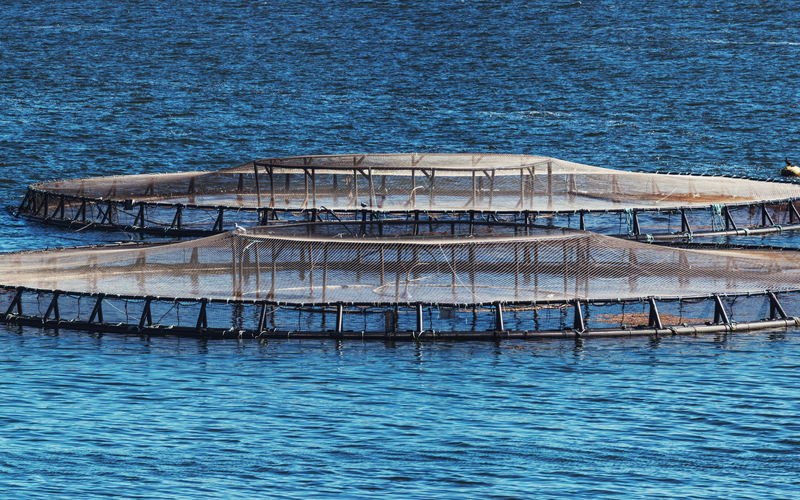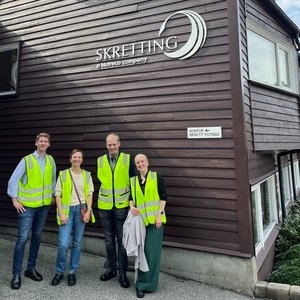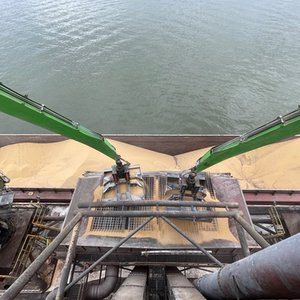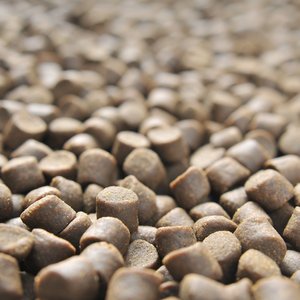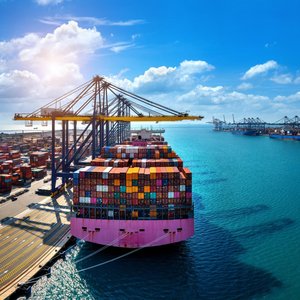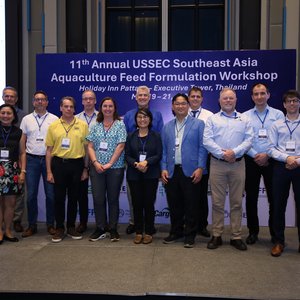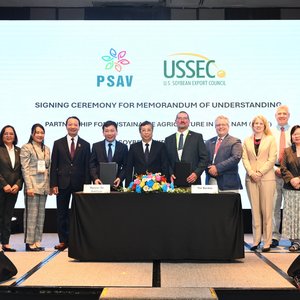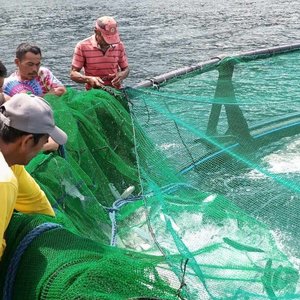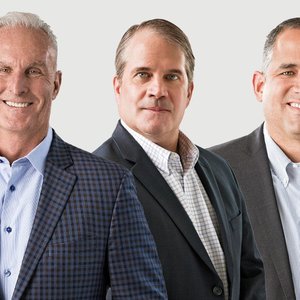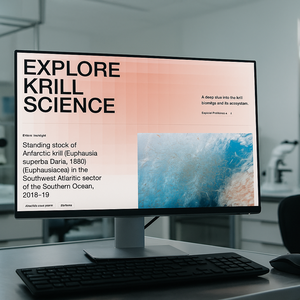Portuguese company Sebol, a subsidiary of ETSA Group, unveiled plans for a cutting-edge industrial unit in Coruche, Portugal, marking a significant leap in sustainability and innovation within the aquaculture sector. Fueled by the Recovery and Resilience Plan (PRR) and aligned with the Blue Bioeconomy Pact, the facility is a key component of the Pep4Fish project, focusing on large-scale production of protein hydrolysates designed for fish feed.
André Almeida, head of the research department at the ETSA Group, said that “Sebol is very optimistic about the significance of this new production unit, representing the first nationally-produced hydrolyzed protein with a focus on fish feed at an industrial level. This marks a significant step that will contribute to efficient and sustainable fish production.”
Protein hydrolysates are developed from animal byproducts, optimizing nutrient absorption for fish. Aligned with circular economy principles, this process involves utilizing byproducts from fish, poultry, swine, and even insects, guided by the various phases of the Pep4Fish project's research. Ultimately, these high-value-added hydrolysates will be incorporated into feeds for seabass and gilthead seabream, bolstering fish health, contributing to human nutrition, reducing food waste, and promoting sustainability in aquaculture.
The new industrial unit, spanning approximately 9,000 square meters with a EUR 15.4 million investment, of which about EUR 4.6 million is funded by the Blue Bioeconomy Pact, is slated for completion in the second half of 2024. It is expected to create 15 new jobs, serving as a catalyst for sustainability and innovation, significantly contributing to the agri-food sector in Portugal, according to Almeida.
Led by the ETSA Group, the Pep4Fish project includes the collaboration of nine partners, encompassing research centers and companies: AgroGrIN Tech, B2E – Blue Bioeconomy CoLAB (B2E CoLAB), CIIMAR – Interdisciplinary Centre of Marine and Environmental Research, ITS – Industry of Transformation of By-Products (ETSA), Seaculture (Jerónimo Martins), Savinor and Sorgal (Soja Portugal), Sebol (ETSA), and the Portuguese Catholic University.


